Ben Shapiro
Why Matt Walsh is Wrong About 'Revenge of the Sith' and Conservative Values
0
Revisiting "Revenge of the Sith": A Conservative Perspective
In a recent discussion surrounding the cinematic masterpiece, Revenge of the Sith, Matt Walsh's scathing review took many by surprise as he called it one of the worst movies of all time. However, Matt's bold claim seems to overlook some crucial aspects that supporters of the film argue deserve more consideration. As we delve deeper into this cinematic universe, it's critical to draw on various perspectives to understand how this film, and the larger Star Wars franchise, captures the essence of human struggle, freedom, and destiny—values that resonate with many conservatives.In 'Matt Walsh is COMPLETELY wrong about 'Revenge of the Sith', the discussion dives into cinematic critiques and cultural values, prompting us to explore its deeper implications.
Flaws and Triumphs in the Film
Examining the first half of Revenge of the Sith, there are undeniable flaws—yet, it's important to acknowledge that these imperfections set the stage for a profound narrative that unfolds in the latter half. Critics like Walsh often catch a glimpse of the imperfection, focusing narrowly on the screenplay and dialogue while missing the film's deeper messages. The portrayal of Anakin Skywalker's transformation illustrates the struggle between good and evil, mirroring the greater conflicts we face in our own lives and societies.
A Case for Better Comparisons
To label Revenge of the Sith as the worst film ever made, as some have suggested, requires a broader perspective. While Walsh expressed disdain for the film, it's worth pointing out that the entire sequel trilogy often garners more criticism among fans and critics alike, with comments like the one from Walsh inciting debates around these franchises. Comparing it to truly awful films does a disservice to the artistry involved, overlooking subtleties that draw audiences in, especially those who value storytelling grounded in moral conflict.
The Undeniable Impact of Star Wars on Culture
Star Wars is not merely a series of space operas but a cultural phenomenon that influences generations. It tackles issues of tyranny, resistance, and hope—parallels that often resonate with America’s ongoing struggle for democracy and freedom. With themes echoing the fight of the underdog and a reminder of the importance of family values, it’s no wonder conservatives have found a kindred spirit within this franchise. When considering the political landscape today, themes from Star Wars, especially those present in Revenge of the Sith, can be reflective of modern struggles around jobs, law, and freedom.
What Can Conservatives Learn from "Revenge of the Sith"?
While Matt Walsh critiques the film’s shortcomings, it offers valuable lessons to conservatives, touching on the importance of family, sacrifice, and the moral dilemmas faced by individuals. Anakin's descent into darkness serves as a cautionary tale—a reminder that even the best intentions can lead to chaos when one strays from the path of virtue. As we navigate today’s economic challenges and the changing political landscape, drawing wisdom from these narratives can enhance our understanding of accountability and the significance of our decisions.
A Last Look at Representation in Cinema
In light of Walsh's remarks, it's worth re-examining the representation of conservative values in Hollywood. Revenge of the Sith, despite its critiques, embodies a narrative that many can relate to, especially within conservative circles. The struggle against the authoritarian regime represented by the Sith parallels the current political discourse around government overreach, inflation, and the economy. This narrative continuity is essential for audiences seeking stories where virtue, love, and sacrifice take center stage.
Conclusion: Embrace Diverse Perspectives
In conclusion, while Matt Walsh's commentary raises important points about storytelling in film, it invites further examination of how Revenge of the Sith encapsulates fundamental values embraced by conservatives. The dialogue around this film should continue, recognizing its place within the broader scope of cinema as a tool for cultural conversation rather than outright condemnation. It's essential for conservatives to embrace diverse perspectives, appreciating the narratives that build the community and foster understanding about the principles we cherish. As audiences, let’s celebrate the conversations surrounding films of our time, shaping them to reflect our values and beliefs in seeking a bright future for America.

 Add Row
Add Row
 Add
Add

 Add Row
Add Row
 Add Element
Add Element
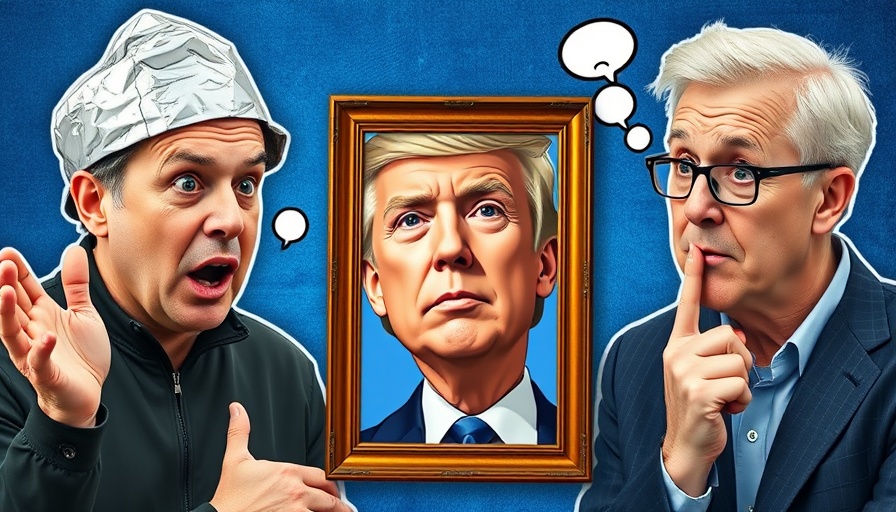
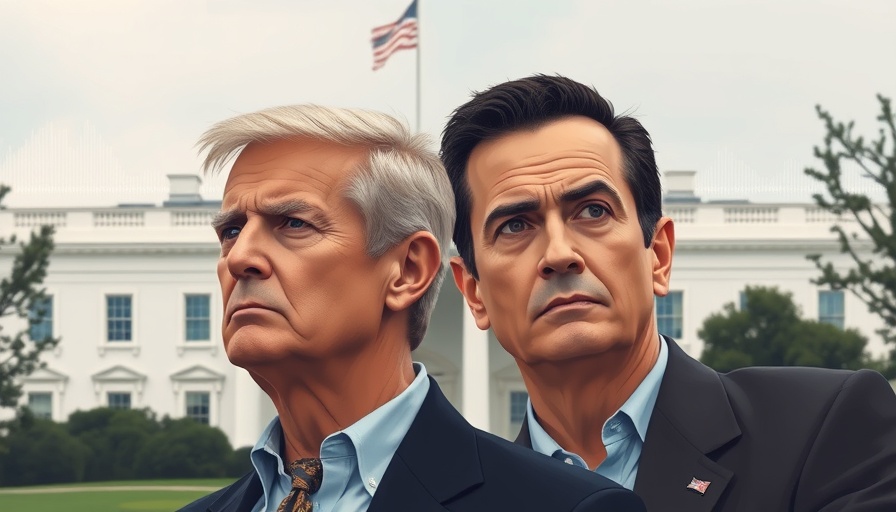


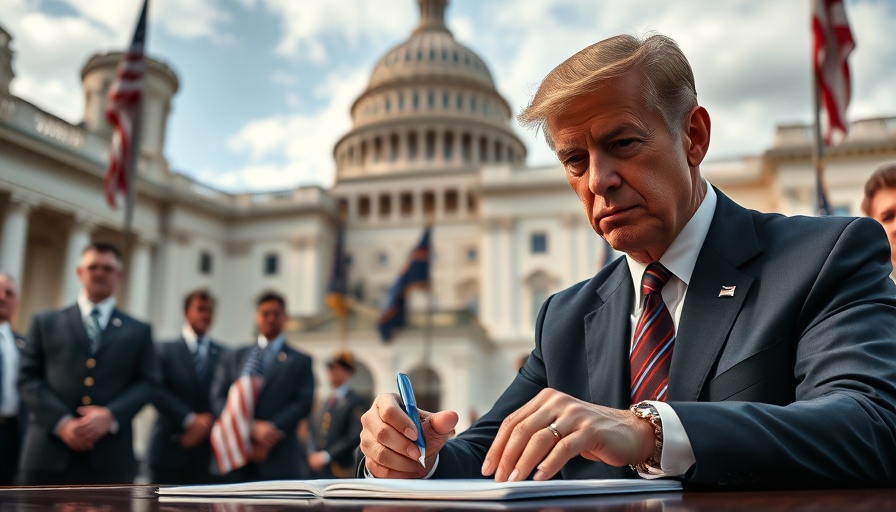

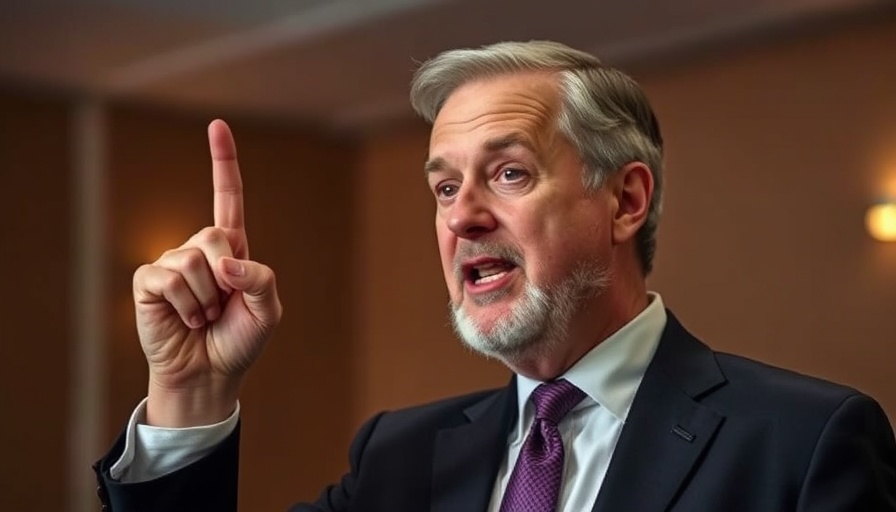

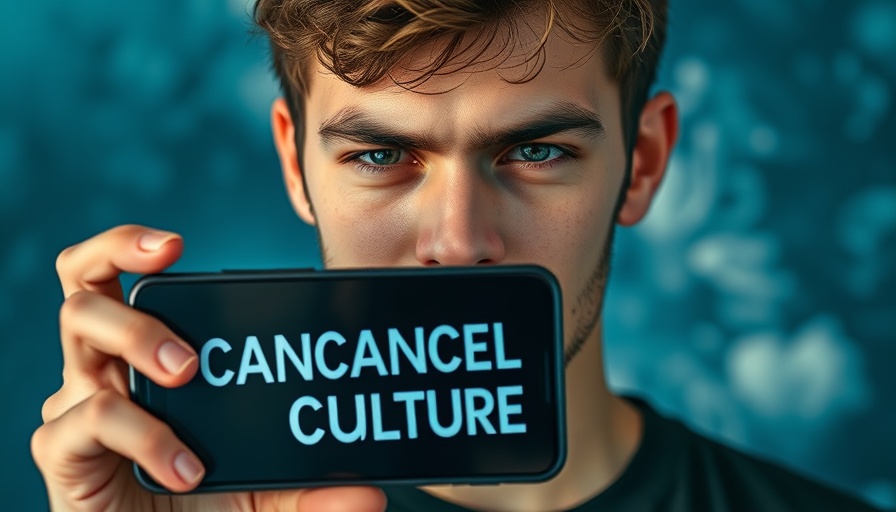

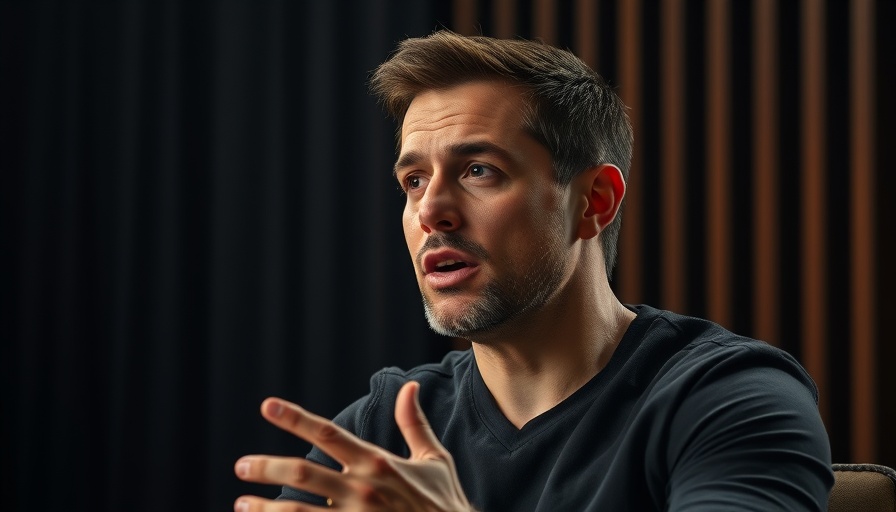


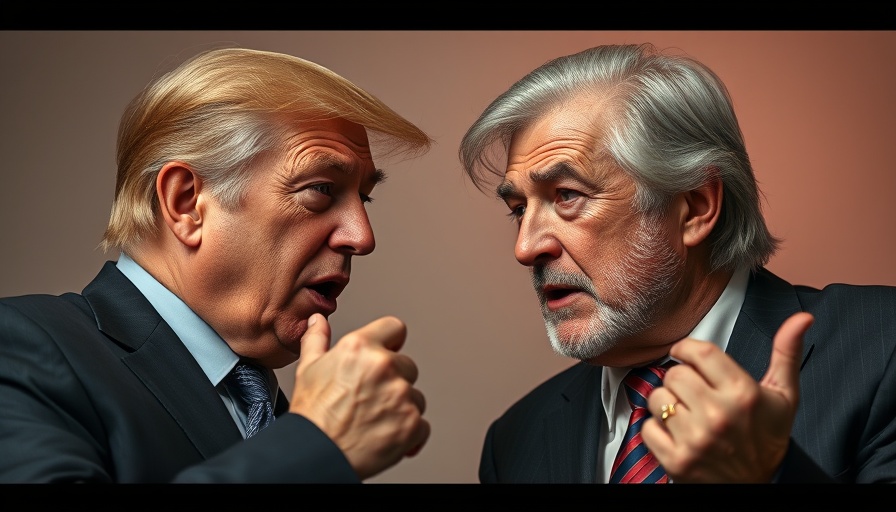






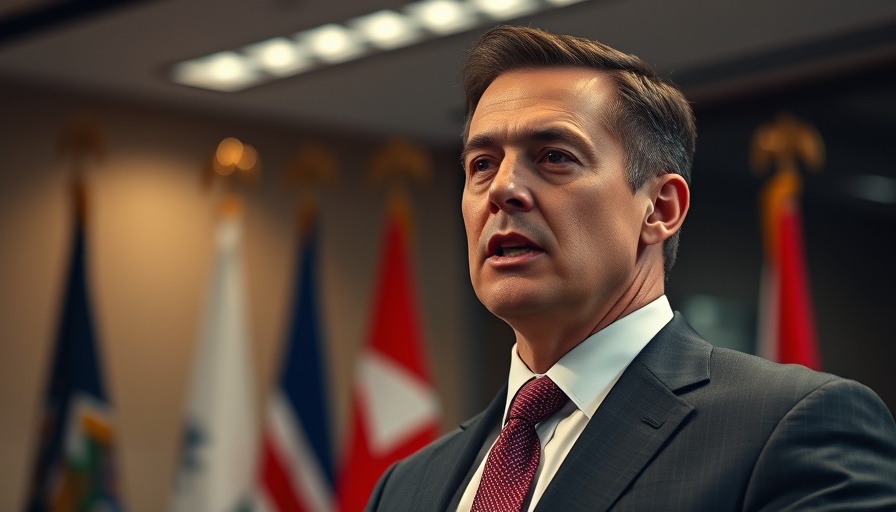

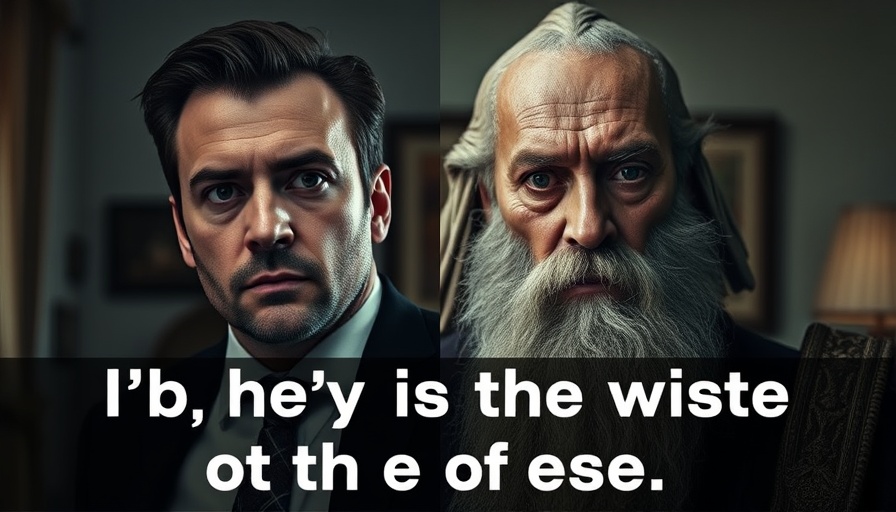


 Add Row
Add Row
 Add
Add

